Ján Koloda
Scalable Kernel-Based Minimum Mean Square Error Estimator for Accelerated Image Error Concealment
May 23, 2022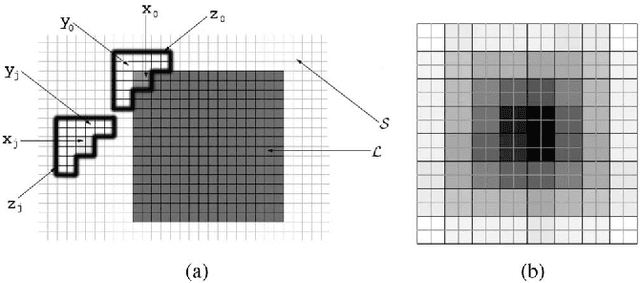
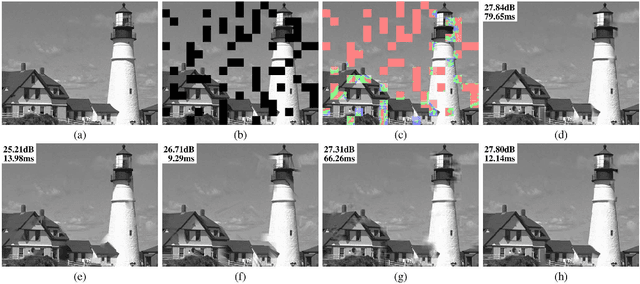
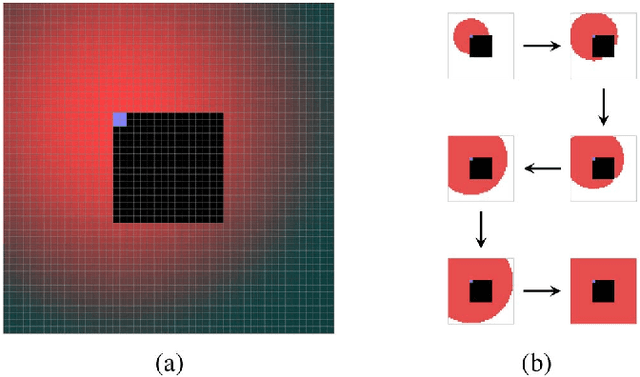
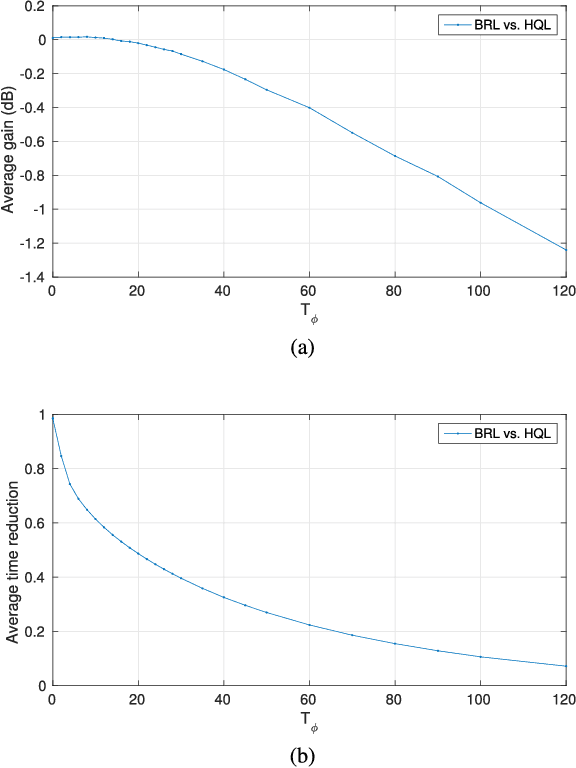
Abstract:Error concealment is of great importance for block-based video systems, such as DVB or video streaming services. In this paper, we propose a novel scalable spatial error concealment algorithm that aims at obtaining high quality reconstructions with reduced computational burden. The proposed technique exploits the excellent reconstructing abilities of the kernel-based minimum mean square error K-MMSE estimator. We propose to decompose this approach into a set of hierarchically stacked layers. The first layer performs the basic reconstruction that the subsequent layers can eventually refine. In addition, we design a layer management mechanism, based on profiles, that dynamically adapts the use of higher layers to the visual complexity of the area being reconstructed. The proposed technique outperforms other state-of-the-art algorithms and produces high quality reconstructions, equivalent to K-MMSE, while requiring around one tenth of its computational time.
Denoising-based image reconstruction from pixels located at non-integer positions
May 23, 2022



Abstract:Digital images are commonly represented as regular 2D arrays, so pixels are organized in form of a matrix addressed by integers. However, there are many image processing operations, such as rotation or motion compensation, that produce pixels at non-integer positions. Typically, image reconstruction techniques cannot handle samples at non-integer positions. In this paper, we propose to use triangulation-based reconstruction as initial estimate that is later refined by a novel adaptive denoising framework. Simulations reveal that improvements of up to more than 1.8 dB (in terms of PSNR) are achieved with respect to the initial estimate.
* arXiv admin note: text overlap with arXiv:2205.10138
Reliability-based Mesh-to-Grid Image Reconstruction
May 20, 2022



Abstract:This paper presents a novel method for the reconstruction of images from samples located at non-integer positions, called mesh. This is a common scenario for many image processing applications, such as super-resolution, warping or virtual view generation in multi-camera systems. The proposed method relies on a set of initial estimates that are later refined by a new reliability-based content-adaptive framework that employs denoising in order to reduce the reconstruction error. The reliability of the initial estimate is computed so stronger denoising is applied to less reliable estimates. The proposed technique can improve the reconstruction quality by more than 2 dB (in terms of PSNR) with respect to the initial estimate and it outperforms the state-of-the-art denoising-based refinement by up to 0.7 dB.
Frequency selective extrapolation with residual filtering for image error concealment
May 16, 2022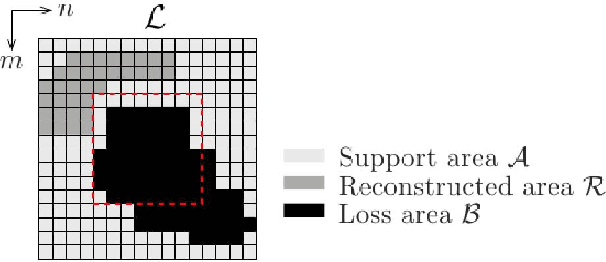
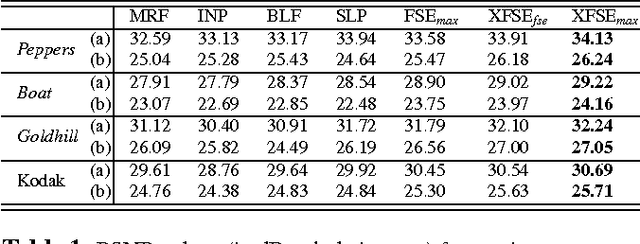
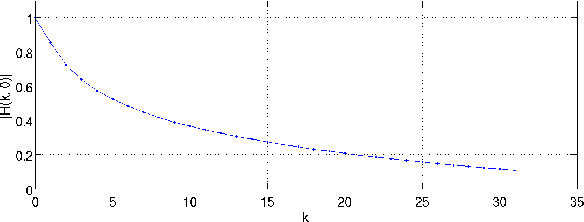
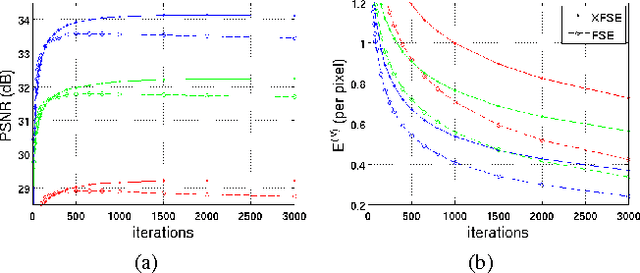
Abstract:The purpose of signal extrapolation is to estimate unknown signal parts from known samples. This task is especially important for error concealment in image and video communication. For obtaining a high quality reconstruction, assumptions have to be made about the underlying signal in order to solve this underdetermined problem. Among existent reconstruction algorithms, frequency selective extrapolation (FSE) achieves high performance by assuming that image signals can be sparsely represented in the frequency domain. However, FSE does not take into account the low-pass behaviour of natural images. In this paper, we propose a modified FSE that takes this prior knowledge into account for the modelling, yielding significant PSNR gains.
 Add to Chrome
Add to Chrome Add to Firefox
Add to Firefox Add to Edge
Add to Edge